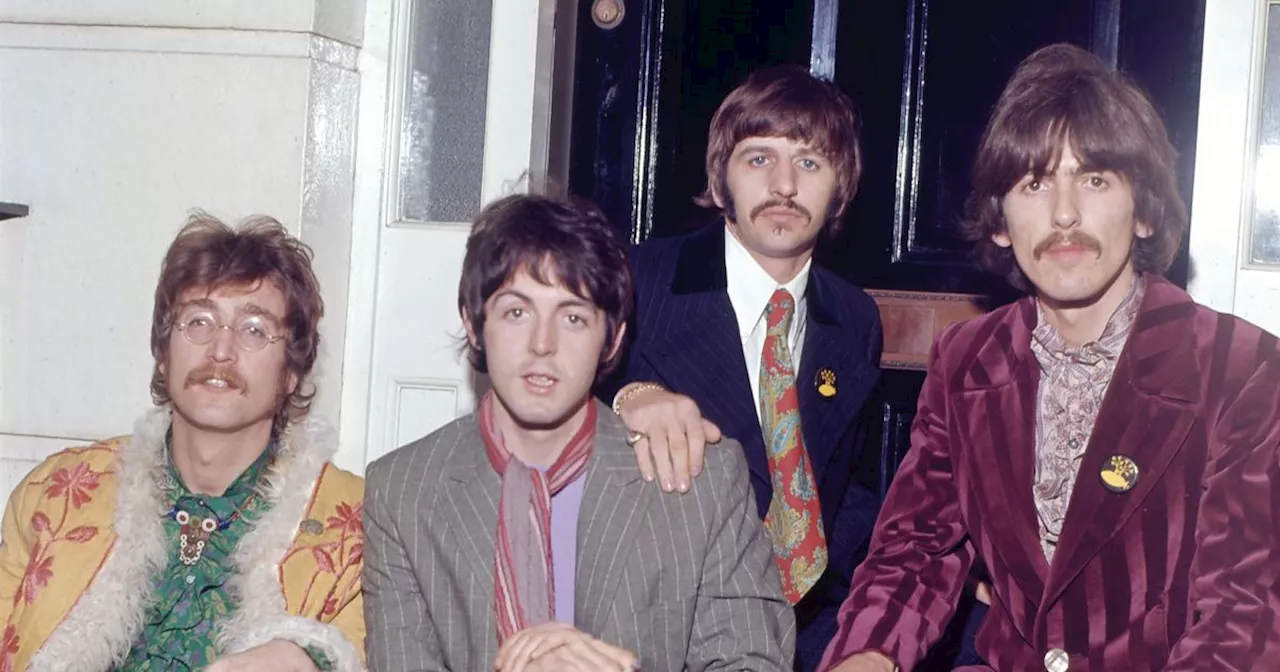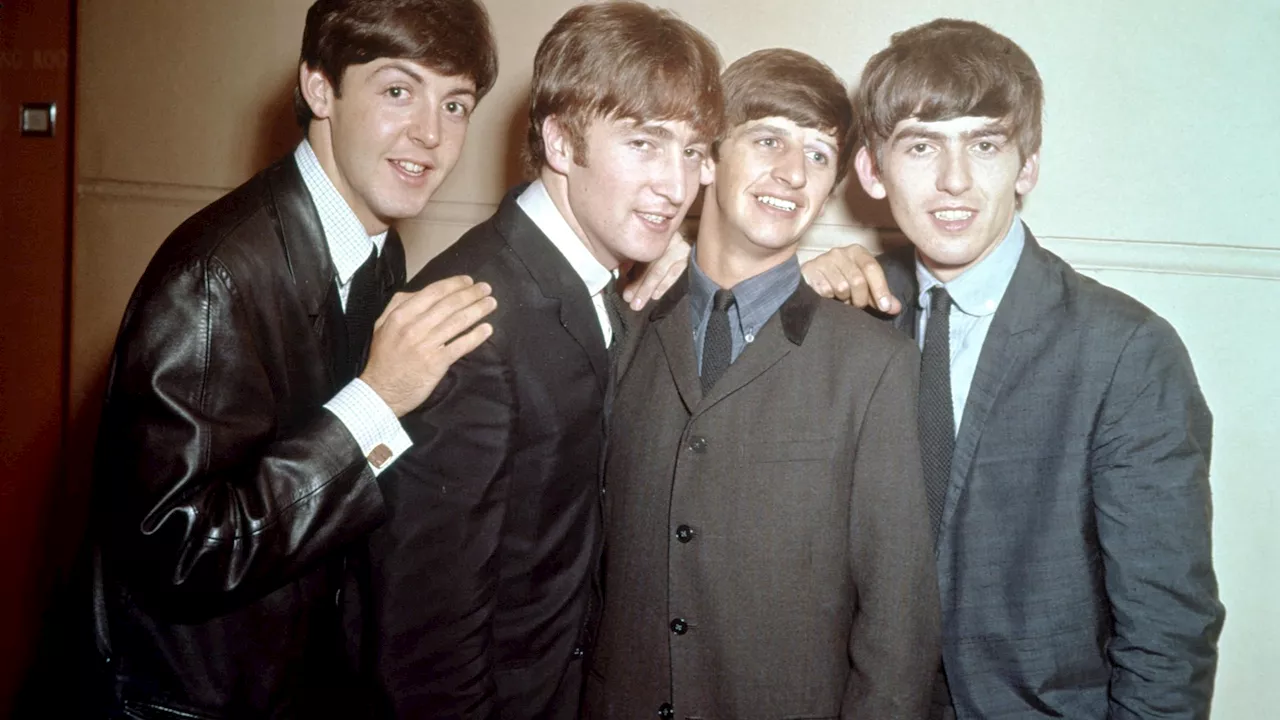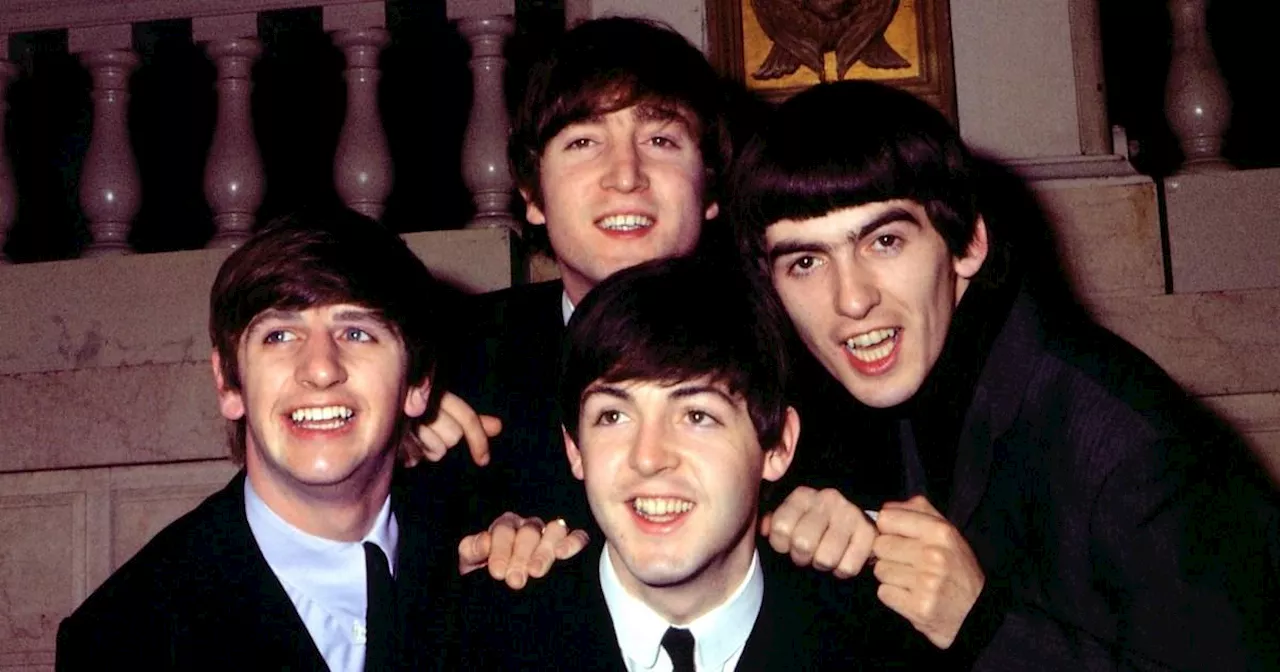ONE of the strange things about The Beatles phenomenon is that the further we are from the 1960s, the more fascinating, unique and important they…
ONE of the strange things about The Beatles phenomenon is that the further we are from the 1960s, the more fascinating, unique and important they become.
If the 1960s were so groovy and fab, so life-affirming and changing, what happened to that spirit? How can the 1960s be all they are claimed to be if the decades since have been a long let-down and disappointment? Yet the Britain of the early 1960s was going through dramatic change. There were rising living standards; greater job opportunities for working-class people; increased consumer power for younger generations; new areas of life opening in TV, media, arts and culture – all aiding the emergence of new voices and perspectives.
Their music, wit and exuberance, and the joy and hooks of such singles as Please, Please Me, She Loves You and I Want to Hold Your Hand are genuinely beyond compare. The obvious self-confidence, irreverence and self-contained nature of the “Fab Four” even led Mick Jagger to describe them as “a four-headed monster”.
Lennon stated: “I’m not going to vote for Ted.” Later, McCartney added: “We don’t all speak like them “As the 60s wore on and The Beatles sought to expand who they were as musicians – as a collective, and as individuals – so too did young people the world over seek transformations in their own lives.”
Womack reflects on this change: “During the 1960s, they certainly broke down notions of stodginess that perhaps Americans had about Brits. And the whole pop explosion certainly elevated our concepts of UK art. It was suddenly as if the Brits were opening up a new front. They already had Shakespeare and several literary epochs all sewn up – and now The Beatles come along and establish a new legacy in pop music.
Added to this was the slow unravelling of Labour’s coalition of the working and middle classes, pressures from trade unionists and from business to do something about trade unions. Hence when Time magazine eulogised “Swinging London” in its issue of April 1966, prior to the release of the pathbreaking Beatles album Revolver, its connection to the political environment was not obvious. The evoking of the “London scene” soon passed into legend . But it was a very select affair, metropolitan and Londoncentric, excluding most of the country and most of the capital.
Finally, the Britain of the 1960s and the present are very different places. An obvious difference is that young people in the 1960s were a larger, growing part of the population with rising collective power impatient for change. To this day conservative critics still sneer at The Beatles. Historian Dominic Sandbrook wrote dismissively of John Lennon as a rebel, saying that all he and the Rolling Stones wanted was to live in English country homes. Pulp singer Jarvis Cocker was more apposite when he reflected on the power of “the Big Bang” of the 60s on “Britpop” describing it as representing nothing more than “Children of the Echo”.
Deutschland Neuesten Nachrichten, Deutschland Schlagzeilen
Similar News:Sie können auch ähnliche Nachrichten wie diese lesen, die wir aus anderen Nachrichtenquellen gesammelt haben.
 Longtime Syracuse assistant Gerry McNamara takes job at Siena after nearly 2 decades with OrangeMcNamara is credited with the development of star Syracuse guards over the years.
Longtime Syracuse assistant Gerry McNamara takes job at Siena after nearly 2 decades with OrangeMcNamara is credited with the development of star Syracuse guards over the years.
Weiterlesen »
 Blackbird song meaning and lyrics as Beyoncé covers Beatles hitBeyonce has covered The Beatles' Blackbird on her eighth studio album, Cowboy Carter
Blackbird song meaning and lyrics as Beyoncé covers Beatles hitBeyonce has covered The Beatles' Blackbird on her eighth studio album, Cowboy Carter
Weiterlesen »
 Diary documenting The Beatles' breakup takes shots at Paul McCartney'I think this is the beginning of the end.'
Diary documenting The Beatles' breakup takes shots at Paul McCartney'I think this is the beginning of the end.'
Weiterlesen »
 Find out how well you know the BeatlesThere is a lot to know about The Fab Four
Find out how well you know the BeatlesThere is a lot to know about The Fab Four
Weiterlesen »
 ‘Incredibly rare’ Beatles vinyl record discovered in London charity shop sells for more than £4,200...The Beatles – Please Please Me
‘Incredibly rare’ Beatles vinyl record discovered in London charity shop sells for more than £4,200...The Beatles – Please Please Me
Weiterlesen »
 Beatles vinyl sells for thousands after being found in charity shopWhat a find!
Beatles vinyl sells for thousands after being found in charity shopWhat a find!
Weiterlesen »